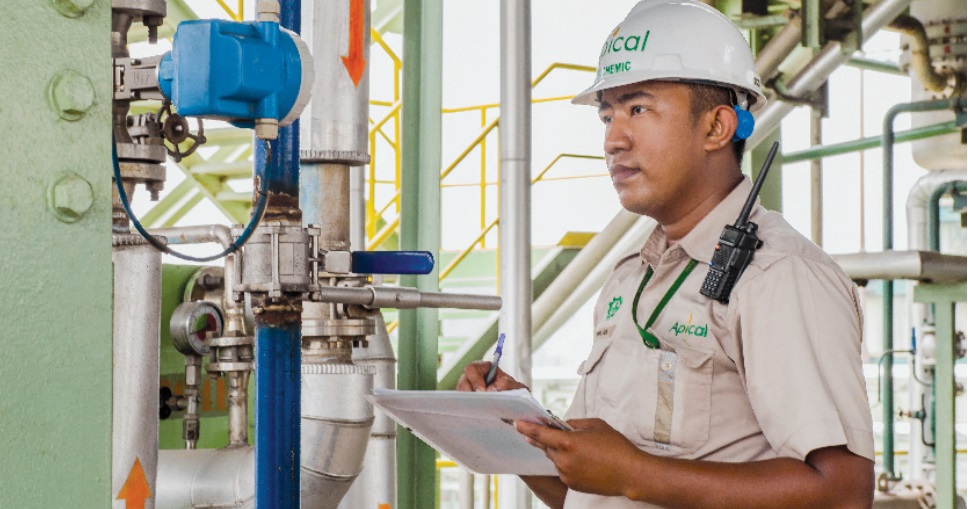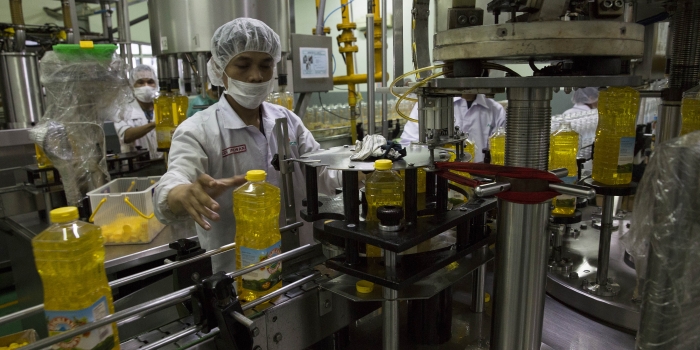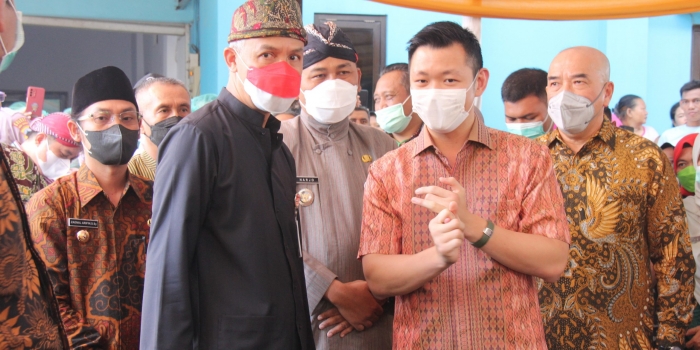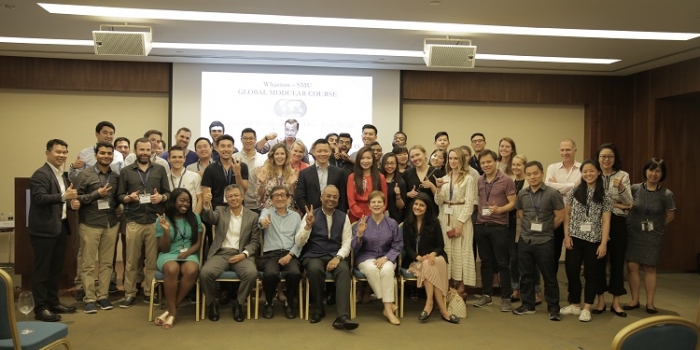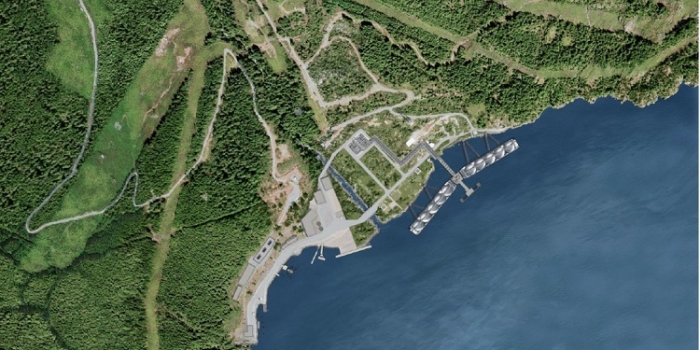Apical, one of Indonesia’s largest processors and exporters of palm oil and its derivatives such as food, oleo chemicals and biodiesel for domestic use and international export, has recently acquired Kutai Refinery Nusantara (KRN) in Kalimantan, Indonesia on 20 June 2018.
A member of the Roundtable on Sustainable Palm Oil (RSPO) and a downstream palm oil player, KRN has assets that include a 1,500 metric ton per day refinery that is expected to double its production by August 2018, as well as a 1,000 metric ton per day biodiesel plant. Apical currently has a production capacity of 4.2 million tons of palm oil and derivatives per year.
In line with Apical’s ongoing journey towards greater transparency and accountability in its supply chain, Apical will extend its sustainability initiatives to KRN’s network of stakeholders. This includes conducting several workshops, such as the Priority Supplier Engagement Programme (PSEP), the Traceability Outreach Programme (TOP), and the Responsible Sourcing Manual (RSM) training, that increase traceability and minimise potential risks in the supply chain.
In August 2018, Apical’s sustainability team will work with its partner, The Forest Trust (TFT) to deliver the Shared Value Programme (SVP) workshop that will provide suppliers with an understanding of Apical’s sustainability journey and its commitments, including protecting High Conservation Value (HCV) and High Carbon Stock (HCS) areas.
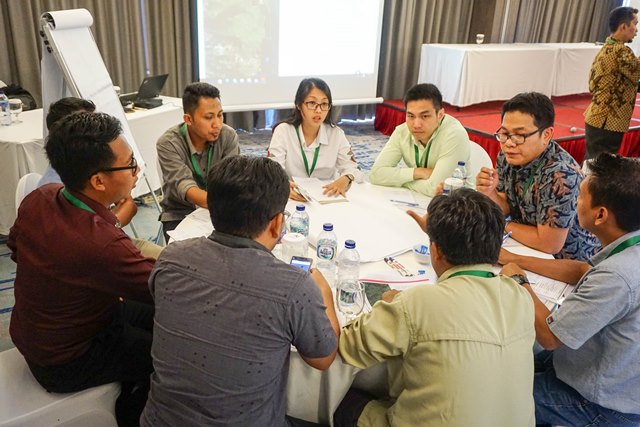
The company’s refineries have been certified by the International Sustainability andCarbon Certification (ISCC) since 2010. A member of RSPO since 2011, Apical has achieved full traceability to its mills in 2015 and aims to have full traceability to plantations by 2020.
Remarking on the investment, Apical President Dato’ Yeo How said, “KRN is a strategic acquisition that will reinforce Apical’s value proposition as a key participant with an extensive palm oil business value chain, from sourcing, refining, processing to trading of palm oil in domestic and international markets.”
In the next three years, the company also plans to build new facilities including new palm oil refineries, palm kernel crushing plants, bulking stations, packing plants and power plants. Dato’ Yeo emphasises that growth will not come at the expense of sustainability. “Our goal is to double the capacity of our supply. We believe we can do so while building on our good track record in sustainable palm oil sourcing and responsible manufacturing. The scale and superiority of what we have to offer provides a unique competitive advantage to our customers,” he adds.
Apical’s current operations include four refineries, two biodiesel plants, an oleochemical plant and two kernel crushing plants. These facilities are located in Jakarta, Sumatra and Kalimantan in Indonesia, in Nanjing, China and in Huelva, Spain.
Click here to read the official press release.
